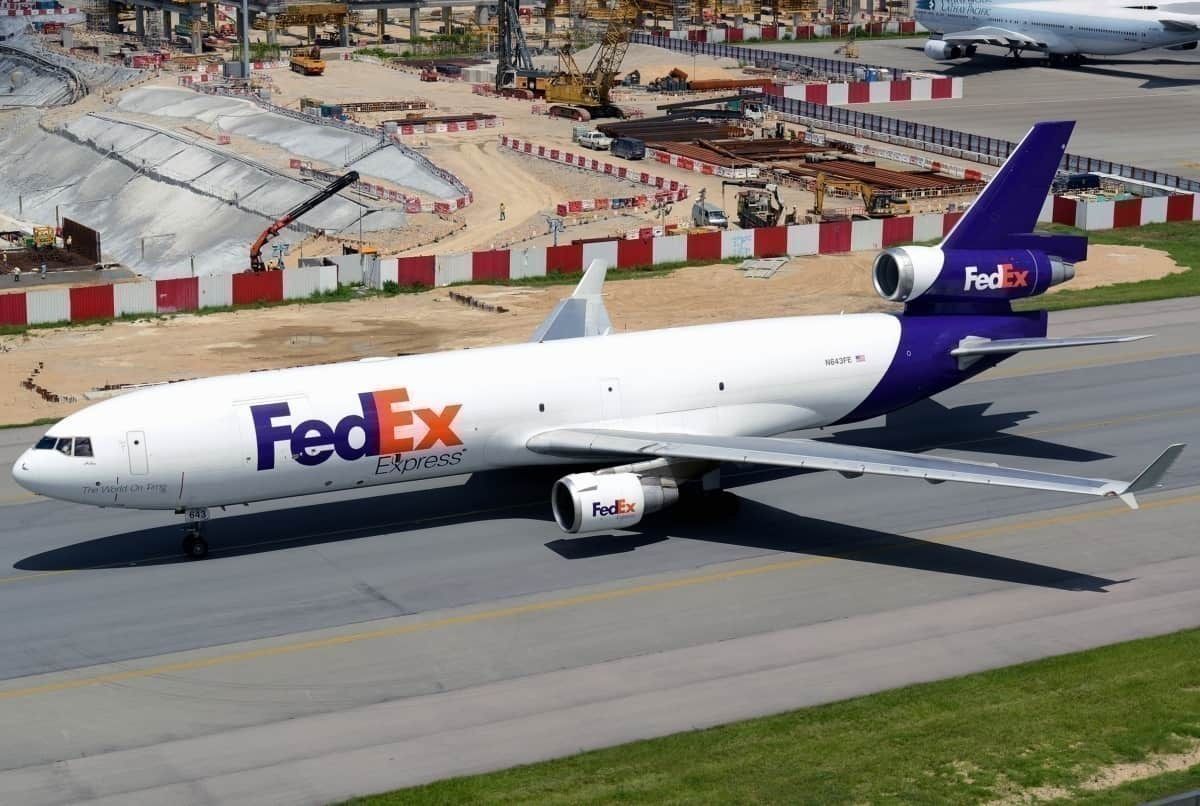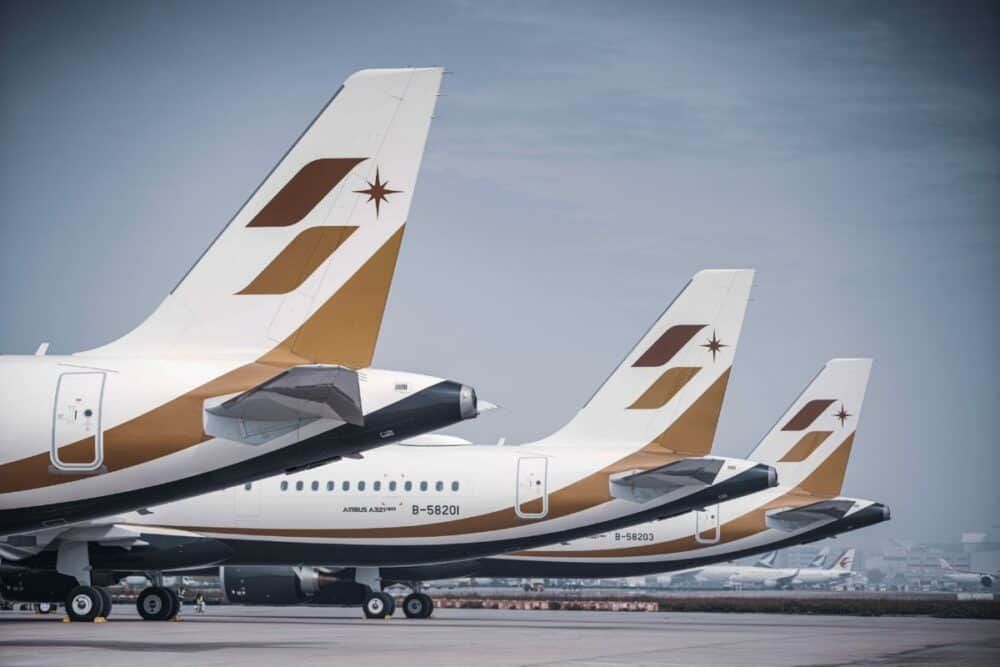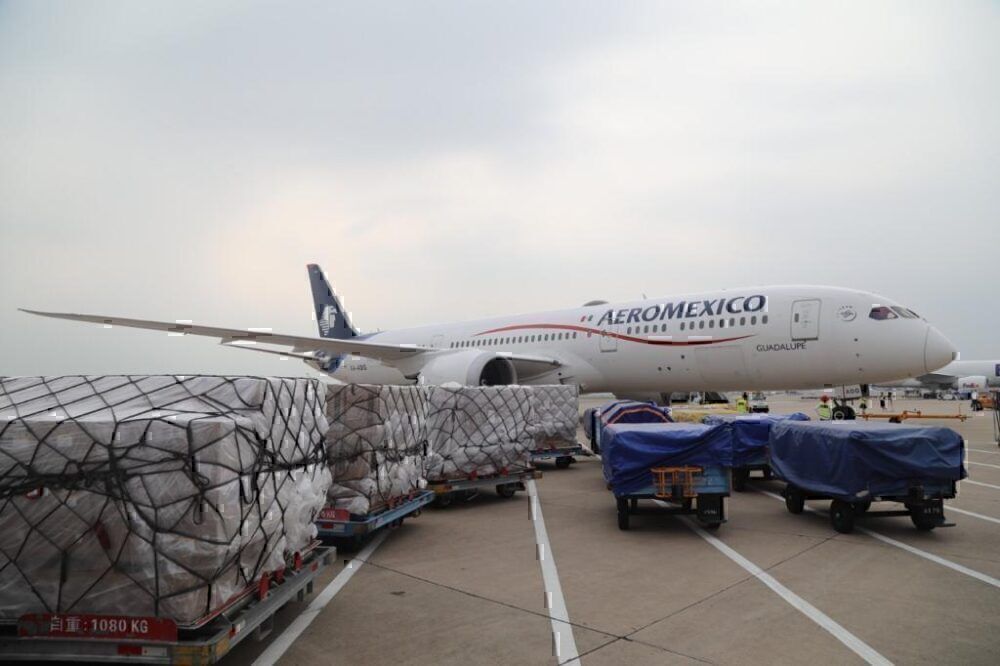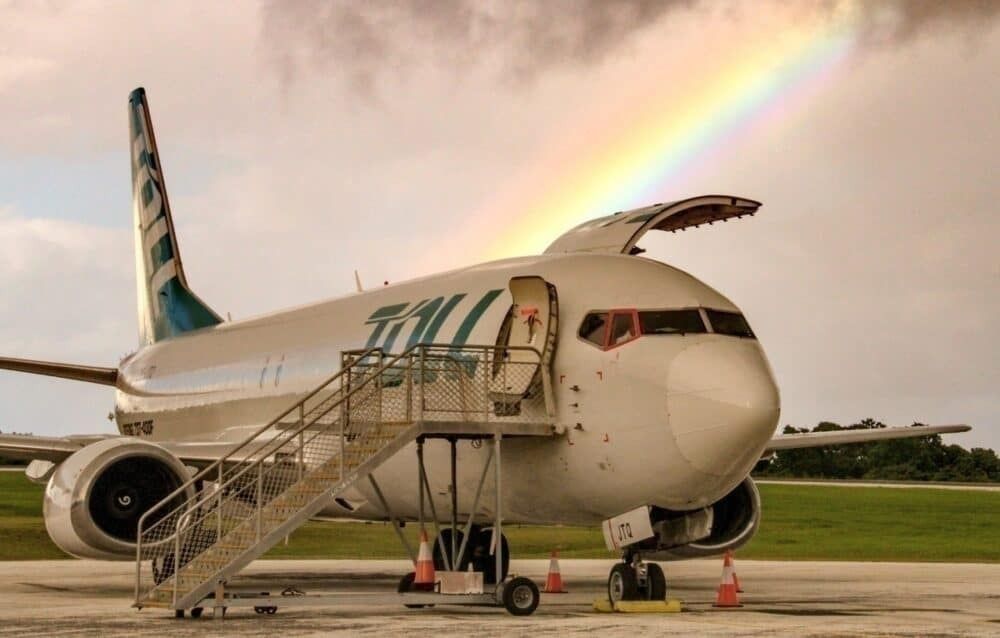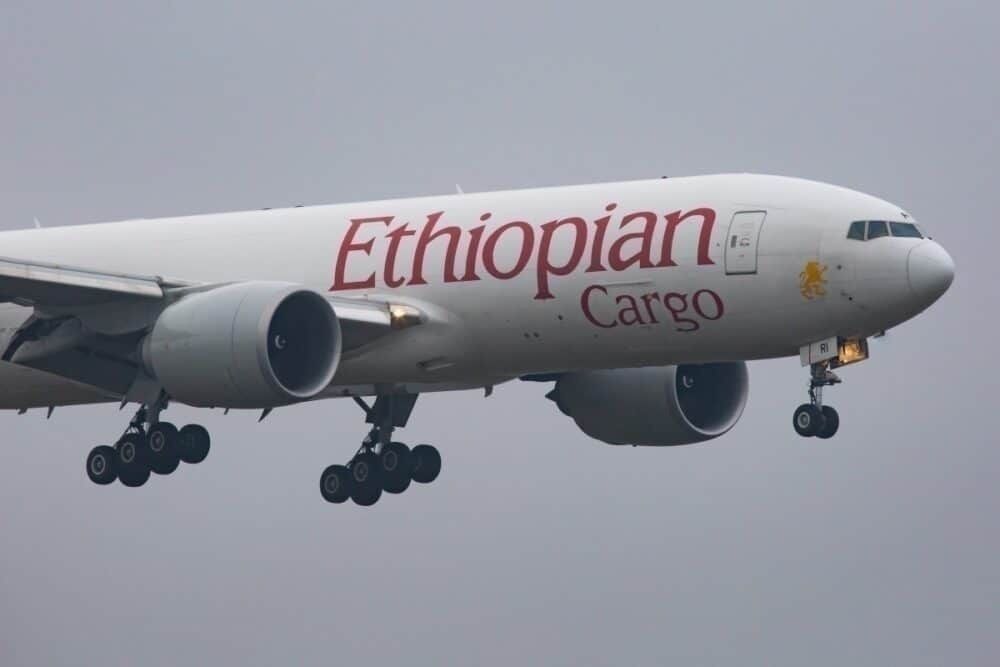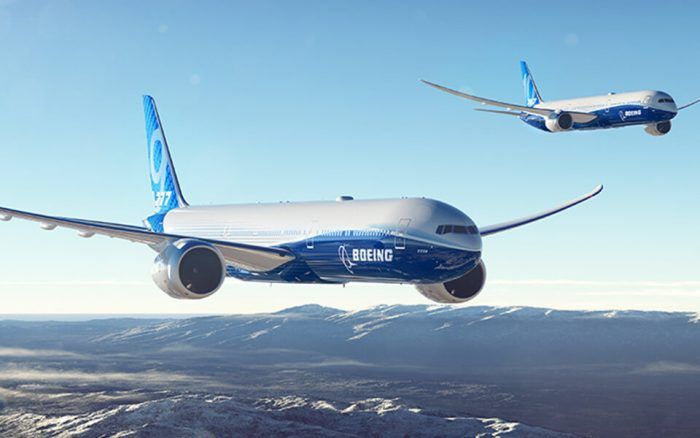You may have noticed that many cargo aircraft are older planes that have long been out of commercial passenger usage, like the Airbus A300. Others are new aircraft from production lines that no longer offer passenger versions, like the Boeing 767. Why do cargo carriers prefer older planes? Let's find out.
How old are these cargo aircraft?
You might be surprised to learn that many of the world's biggest cargo airlines, such as FedEx, UPS, DHL, and more, operate incredibly old fleets. Here are some example fleet average ages:
- FedEx Express - 20.7 years (they operate everything from Airbus A300s to custom MD-10s).
- UPS Airlines - 19.8 years (Operating A300s to Boeing 747s).
- DHL Aviation - 22.3 years (A diverse group of airlines, with some branches operating a fleet age of 35+ years!)
- Cargolux - 10.8 years (An all Boeing 747 cargo carrier with a smaller Italian branch operating an average fleet age of 15+ years)
- Atlas Air - 23.3 years (50% of its fleet is nearing 30 years old).
Compared to this, passenger airlines have much younger fleets:
- Emirates - 7.1 years.
- Qantas - 11.5 years (regional aircraft bump up the average age, might be replaced by Airbus A220s).
- Singapore Airlines - 6.6 years.
- British Airways - 13.6 years (with older Boeing 777s pushing up the numbers).
- American Airlines - 11.3 years (with Airbus A320s and Boeing 757s pushing up the average age).
- Starlux (new) - Four months!
More complicated than it seems
At first, the answer may seem logical. Older aircraft are cheaper for cargo carriers to buy. But then why don't passenger airlines buy them as well? Why do passenger airlines seek out new, fuel-efficient aircraft like the Boeing 787 and Airbus A350, and cargo carriers don't?
These older aircraft may cost more in maintenance (especially when considering the lack of spare parts) and have a comparably mediocre fuel economy.
If an aircraft is grounded, it may cost a cargo company far more than a passenger airline. A small Boeing 727 may only have up to 189 disgruntled passengers, but a cargo configured Boeing 727 may have thousands of freight customers annoyed when a delay hits their packages.
So why do we see cargo operators flying these older aircraft and the counterpoint, passenger airlines, operating newer aircraft?
Why do cargo airlines fly older aircraft?
First, these older aircraft are cheaper to buy. Less capital expenditure allows the carrier to expand the cargo fleet fast (more on that below) and to turn a profit quicker. If a plane costs less upfront, then cargo carriers don't mind spending more maintaining them.
Cargo airlines make their aircraft last longer than passenger airlines, thanks to their unique pattern of use. This is because a cargo aircraft tends to fly less frequently than passenger aircraft do. For example, United might fly a single Boeing 737 6-8 sectors in a day, but FedEx will only operate 4-6 daily flights with the same aircraft type.
Cargo carriers prefer to deploy aircraft to ship cargo over long flights as it is cheaper for shorter routes to use a truck or a train. Passengers, on the other hand, can't be 'shipped overnight' and demand to fly short routes as quickly as possible.
More takeoffs and landings (pressurization cycles) with passenger aircraft results in more wear and tear, and thus a shorter lifespan. Cargo aircraft generally fly much longer routes and therefore last far longer over the lifetime of the plane.
Originally, when cargo airlines exploded onto the scene in the 1970s, there was not enough capacity to build cargo freighters at Airbus and Boeing. FedEx and other airlines had to turn to the second-hand market to fill their appetite for aircraft, although in recent years, that has changed as airframe builders boost older lines with cargo orders (such as the Boeing 767).
Cargo airlines do join the queue to get new cargo aircraft (like the Boeing 777 freighter). However, in a world where they need to compete not only with other cargo airlines but also with passenger airlines who also dip their toes into the air cargo space, rapid fleet expansion and lower acquisition costs of older aircraft prove to be appealing motivators.
Why do passenger airlines fly newer aircraft?
You might have thought, if there are all these advantages with cargo airlines using older aircraft, then why don't passenger airlines use older aircraft as well?
Put simply; passengers love newer planes. Many of the passenger carriers we listed above are flagship premium airlines that offer some of the best experiences in the sky. They want to reflect that, and part of their branding is to have the most up to date, modern aircraft.
These newer aircraft also come with new features like more delightful cabins, bigger windows, better pressurization, and more, that just make them darn comfy to fly in. Freight doesn't share any passenger desires like this and doesn't mind flying in an older aircraft.
Additionally, what wears out more? The well-trodden plush interior of the aircraft or the hard exterior of the airframe? The inside of a plane breaks down far quicker (especially with so many passengers) than the exterior. Passenger airlines then have to choose to renovate an old plane, or just upgrade to a new one. A new, shiny one that will give it an edge over the competition.
In the end, nearly every cargo carrier would love to have a fleet of fuel-saving Boeing 787s to fly cargo flights. But they are expensive to buy, the queue is long and has too many extra bells and whistles that cargo airlines just don't need.
What do you think? Should cargo carriers operate newer aircraft? Let us know in the comments.

